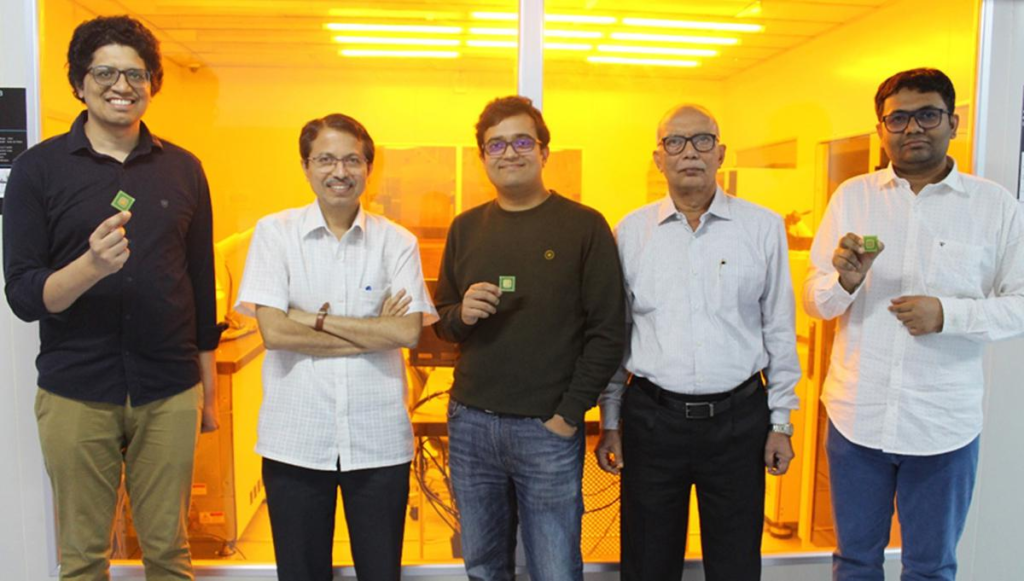The Centre for Nano Science and Engineering (CeNSE) at IISc has developed a framework for energy-efficient computing that holds promise for the development of next-generation electronic devices.
According to IISc, CeNSE researchers described the development of this energy-efficient computing platform in two recent papers.
“Instead of employing complementary metal-oxide semiconductors (CMOS), which are the building blocks of the majority of electronic circuits today, the team used memristors, which can store data and do computation.
IISc stated in a press statement that by inventing novel memristors based on metal-organic complexes, the team was able to reduce the amount of components required in a circuit, thereby significantly enhancing its speed and efficiency.
Molecular circuit element
“We have discovered a molecular circuit element that can store complex logic functions within itself, enabling in-memory computations in a smaller number of time steps and with far fewer elements than usual,” said Sreeesh Goswami, assistant professor at CeNSE and leader of both studies published in Advanced Materials.
Existing computing systems physically divide data processing and storage. The majority of computational energy is consumed via back-and-forth communication between two places. Prof. Goswami stated, “We are tackling this issue by executing computation and storing at the same physical location.”

He stated that the platform “outperforms” contemporary cutting-edge technologies by magnitudes. Prof. Goswami stated, “We can now create arrays of devices that are more resilient, consistent, and reliable than commercial technologies like flash storage.”
Due to the sequential nature of their functioning, previously established memristor-based circuits are likewise limited in terms of speed and are more susceptible to error accumulation.
According to the researchers, the design of the new platform decreases the number of operational processes, enhancing speed and decreasing error.
Sreebrata Goswami, a specialist scientist at CeNSE, conceived the metal-organic compounds used to construct their platform.
When constructing circuits that perform mathematical operations and comparing them to a conventional CMOS circuit, the team discovered that the new platform offered 47 times more energy efficiency, 93 times quicker operating speed, and just 9% of the physical footprint of the typical CMOS circuit.
Coupling with censor
The team intends to attach the platform to a sensor, such as a smartphone screen that detects touch, and evaluate how efficiently it processes the collected data.